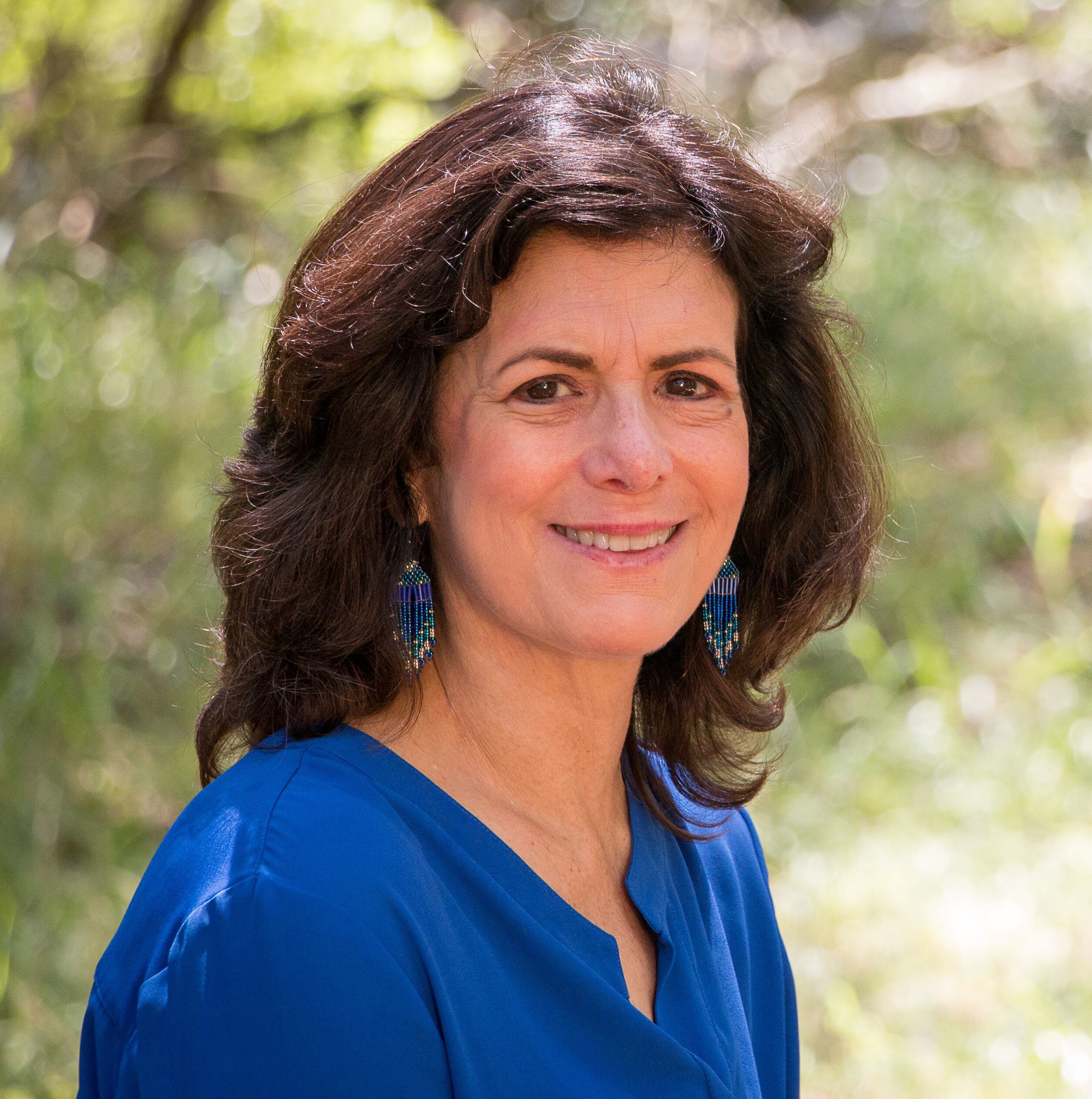|
This is another great article that fleshes out the distinction between suffering and pain. The author, Dr. Steven Stosny, says “to ease your suffering, listen to your pain.” As a life-saving alarm system, pain keeps us focused on distress, for the purpose of relieving it. Pain motivates behavior that will help heal, repair, or improve. A pain in your foot, for example, will motivate you to take the rock off it, get more comfortable shoes, soak it in a tub of warm water, or visit a podiatrist. If we do not act on the motivation to heal-repair-improve (or fail in our attempts to do so), the alarm of pain intensifies and generalizes. The toothache becomes facial pain; the sore foot seems to throb along the whole side of the body. When pain intensifies and generalizes over time, it becomes suffering. Suffering is repeated failure to act successfully on the natural motivation of pain to do something that will heal, repair, or improve. Like its physical counterpart, normal psychological pain (that which is not due to brain disease or severe emotional disorder) is localized in the beginning, usually in the form of guilt, shame, or anxiety about something specific. But when it comes to emotional pain, the behavior choices that will heal, repair, or improve are more ambiguous. Psychological pain is, therefore, more conducive to suffering. When psychological pain generalizes, it seems to be about the self – a kind of self-ache, if you will. As the alarm of pain intensifies, fixing our focus on distress, we become self-obsessed. Eventually we identify with the pain, in a subtle or overt victim-identity. At that point, we can scarcely perceive the pain of other people, which robs us of the unique power of social healing. Self-obsession makes the alarm of pain louder and more general (mental focus amplifies and magnifies) and isolates us from humane connections that heal. Anything that numbs or avoids pain undermines its ability to motivate corrective behavior and thereby causes suffering. The most common causes are blame, resentment (expecting someone else to relieve the pain), anger, addictions, and compulsive behavior. All render us powerless to heal, improve, or repair. All cause suffering. To prevent suffering, we must follow the motivation of pain. If it’s that simple, why is it so hard? In a word, habit. Those who suffer have gotten into the habit of numbing or avoiding (through blame, resentment, anger, addictions, or compulsions), the pain-signals that would otherwise motivate healing, repairing, or improving. It takes mindfulness and emotional reconditioning to break habits. The first crucial step is to take responsibility for your emotions and pain, so they can work for you instead of against you. Guilt is about violating your values; the motivation of guilt is to act according to your values, and that is the only thing that will relieve it. Shame is about failure and inadequacy; the motivation is to revaluate, re-conceptualize, and redouble effort to achieve success. Anxiety is a dread of something bad occurring that will exceed or deplete coping skills; the motivation is to learn more about what might happen and develop plans to cope with it. Painful emotions have a self-healing and self-correcting component. When we take advantage of it, we flourish. When we don’t, we suffer. After last week’s post, Pain Versus Suffering, I received many comments including this one from Mark Singer (slightly paraphrased): I’m not sure the concept of suffering means that elimination is the goal. Instead, perhaps. We need pain and we need suffering and both are natural and essential human parts of our psyche. In other words, once a person finds herself in both aspects experiencing them both – then she may then have the opportunity to respond by the use of pain AND suffering in a way that enhances her enlightenment. I appreciate this perspective. I suppose suffering too has its role to play in the human journey. As the today’s quote points out, it can eventually lead us to forgiveness! |

 Sign up for our newsletter and get a complimentary copy of Eileen's book "Walking the Path of Forgiveness"
Sign up for our newsletter and get a complimentary copy of Eileen's book "Walking the Path of Forgiveness" EILEEN BARKER is an internationally recognized mediator, facilitator, forgiveness teacher and pioneer in the movement to integrate emotional healing and forgiveness in conflict resolution. In addition to her popular workshops and retreats, Eileen offers private forgiveness coaching. She is the author of the Forgiveness Workbook.
EILEEN BARKER is an internationally recognized mediator, facilitator, forgiveness teacher and pioneer in the movement to integrate emotional healing and forgiveness in conflict resolution. In addition to her popular workshops and retreats, Eileen offers private forgiveness coaching. She is the author of the Forgiveness Workbook.

Speak Your Mind